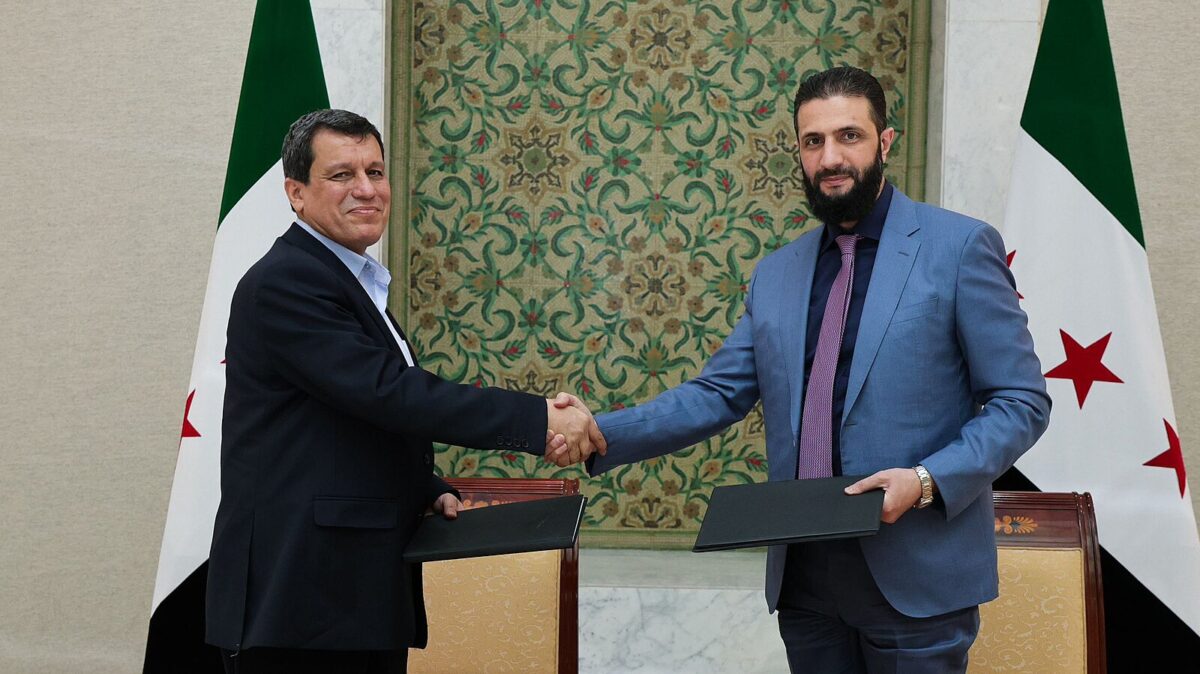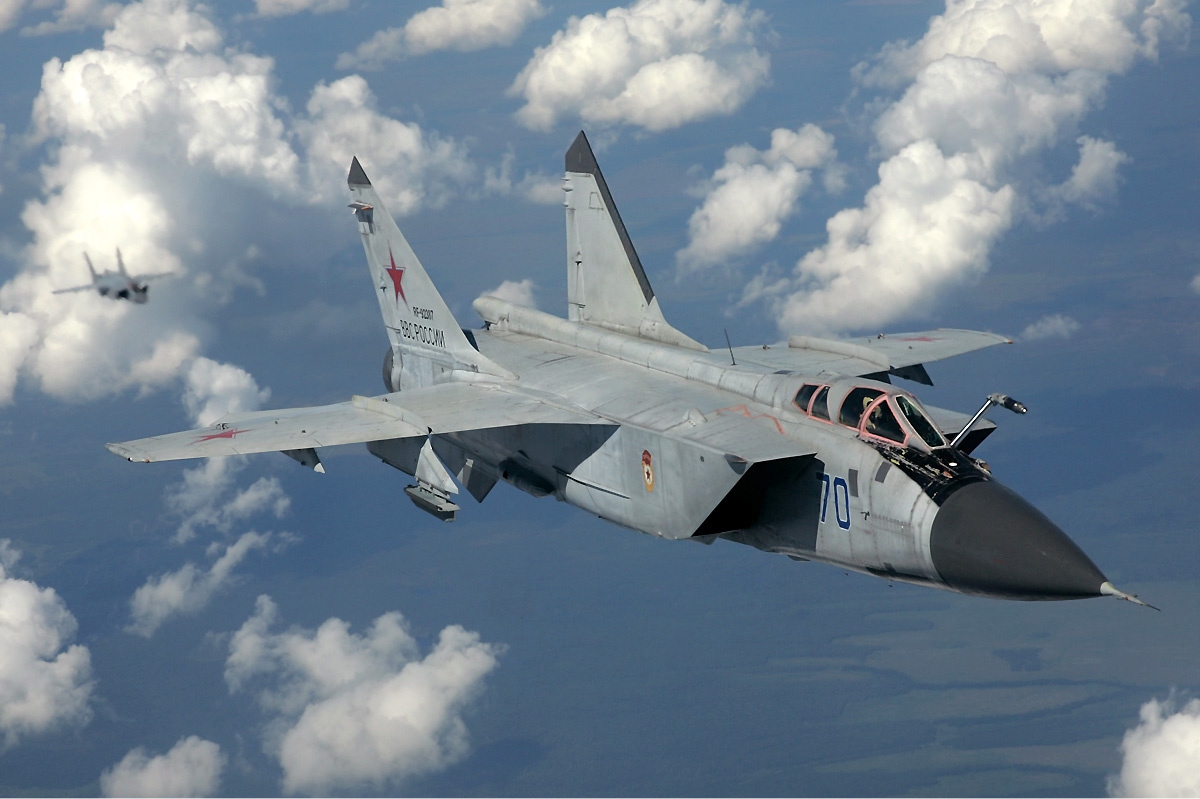April 28, 2025
Though facing several potential pitfalls, there is a historic opportunity to create sustainable and lasting peace in Turkey and Syria. Overlapping developments in both nations have created circumstances that mutually reinforce the potential for regional reconciliation.
In Turkey, the ruling coalition is beginning to build support for a constitutional amendment allowing two-decade President Erdogan to further extend his tenure. The government seems to be considering courting Kurdish-aligned factions in the lead-up to this process potentially to gain direct support for the amendment from those factions, to frame an end to the decades-long conflict as a political triumph for Erdogan, or both. The imprisoned leader of the Kurdish PKK has called for disarmament and dialogue with the Turkish government, further creating the most fertile grounds for resolution since 2015.
In Syria, diversions of Russian and Iranian / Hezbollah attention and resources in the conflicts in Ukraine and Lebanon respectively weakened support for the embattled Syrian regime. Since the fall of the regime in December 2024, Syria has been essentially split between the Turkish-backed pseudo-government composed of various rebel groups west of the Euphrates and the US-backed, Kurdish-aligned SDF east of the Euphrates. Given the brutal civil war that has enveloped the country for over a decade, the process of disbanding various armed groups and unifying embattled factions into a central government has continued at a steady pace. The fledgling Syrian government and SDF accepted a peace plan that would merge the forces east of the Euphrates into the Syrian government in March, which is in the process of being implemented.
After decades of tensions and conflict, there is low trust between Ankara and the Kurdish region. Ankara is under pressure from its base to appear as the party ‘in control,’ framing the PKK disarmament as a unilateral surrender of a terrorist group to the government rather than a step in negotiations. If this narrative is pushed too far without moves to demonstrate a willingness to engage in constructive dialogue, it is likely the conflict will resume. If Ankara wishes to bring a resolution to the conflict without being seen engaging in talks, they must meet unilateral PKK disarmament with their own unilateral demonstration of good-faith steps towards reconciliation.
Freeing Abdullah Ocalan, who was responsible for the PKK disarmament, would both serve as such a gesture and would make future dialogue-less tenuous. Halting lethal military operations in Kurdistan would also serve to decrease tensions and the likelihood of reigniting violence.
In Syria, the various agreements designed to bring disunified factions under a single government have so far been highly successful. The process of developing a Syrian constitution, which must guarantee the rights of various religious and ethnic minorities within Syria, will be a slow process. So long as good faith progress is being made, the international community should seek to ease Assad-era punitive policies and normalize relations with its new government.
International investment in rebuilding Syria would serve to provide additional stability to the war-torn nation. The international investment would also create positive cooperation between the new government and foreign nations, reduce its vulnerability to Iran and Hezbollah, and provide positive reinforcement for continuing constructive dialogue. It would also expedite the return of the over 6 million Syrians who are currently externally displaced.
The United States stands to gain greatly from a potential end to both conflicts. Both conflicts have caused tensions within NATO. Tensions between the US-backed SDF in Syria and Turkey have strained cooperation against Daesh, and it was support for Kurdish dissidents that caused Turkey to delay the entry of Sweden and Finland. The creation of a stable Syrian state capable of preventing a resurgence of Daesh would allow the US to withdraw from the region with its missions accomplished.
The US can support the resolutions by mediating discussions between Turkey and Kurdish groups. The United States is uniquely positioned to do so as it is both a NATO ally of Turkey and a longtime supporter of the Kurds in Iraq and Syria. It could also lead the international community in normalization with the new Syrian government and regional investment contingent on continued dialogue and progress toward an equitable constitution.
Floyd Cross is an M.A. student at the Schar School of Policy and Government at George Mason University in the International Security program. He holds a B.A. in Government and International Politics from George Mason University. His research interests include linkages between terrorism and transnational crime and the political economy of nonstate actors.
Photo can be found here.




